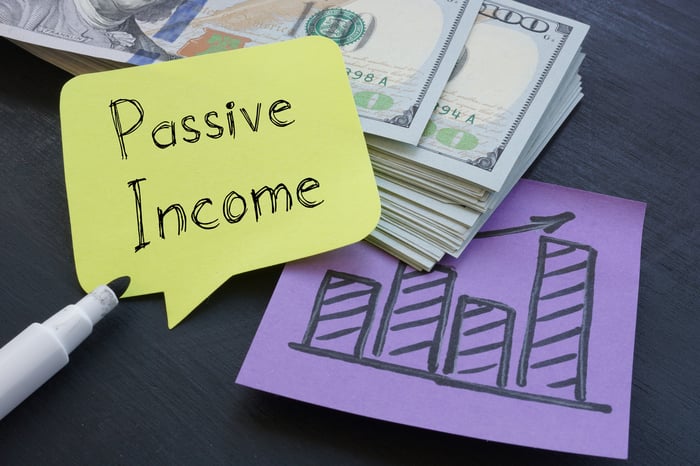There are some utilities that Wall Street knows quite well because they are so large and influential, like NextEra Energy (NEE -2.27%) or Southern Company (SO 0.23%). Then there's a company like Black Hills (BKH 0.18%) that few will recognize. That's too bad because Black Hills still has a generous yield and a way more impressive dividend history than either NextEra or Southern.
Here's why Black Hills stock might be the ultimate place to invest $1,000 (or more) right now, even after an impressive utility sector advance.
What does Black Hills do?
From a big-picture perspective, Black Hills is a pretty boring regulated utility business. It provides natural gas and electricity to around 1.3 million customers in parts of Arkansas, Colorado, Iowa, Kansas, Montana, Nebraska, South Dakota, and Wyoming. Black Hills does exactly what you imagine -- it provides energy to its customers reliably and consistently. It doesn't have a separate business building renewable power like NextEra, and it isn't working on a giant capital investment like the nuclear power plants that Southern just completed. Black Hills does the basics and does them well. This is probably one of the reasons why Black Hills is a relative unknown on Wall Street.

Image source: Getty Images.
There's also the matter of size. The customer base isn't huge, and neither is Black Hills' market cap. At just $4.5 billion, it is a rounding error relative to industry giant NextEra, which has a market cap of over $150 billion. Even Southern is much larger with its $95 billion market cap. A company doesn't have to be large to be a good company, though size can help when it comes to accessing the capital markets. Still, being a small and reliable regulated utility isn't a bad thing.
Notably, Black Hills operates in reasonably attractive regions. Management likes to highlight that the company's customer growth is expanding roughly three times faster than the U.S. population. More customers means more revenue and more need for the types of capital investments that regulators like to approve. In other words, there's a long-term growth catalyst supporting Black Hills' business.
NYSE: BKH
Key Data Points
Why dividend investors will love Black Hills
Here's where things get interesting. If you like stocks that have rapidly growing businesses, you probably won't like Black Hills. It is more of a slow and steady tortoise. Dividend investors will probably love it. Black Hills is a Dividend King, a highly elite group of companies that have increased their dividends year in and year out for 50 or more years. Black Hills' streak is up to 54 years and counting. Neither NextEra nor Southern can make anything close to this claim.
That said, Black Hills' dividend has grown at an average rate of around 5% a year over the past decade or so. NextEra's dividend growth rate is a much higher 10%. But 5% is more than enough to offset the ravages of inflation and still grow the buying power of the dividend over time. To be fair, more recent dividend hikes have been a bit lower than 5% as Black Hills works to strengthen its balance sheet. But the long-term earnings growth target for the company is between 4% to 6%, which should be about what the dividend grows by over the long term, too.
The really exciting part of the story, however, is Black Hills' dividend yield. At roughly 4.1%, it is well above the 2.8% you'd get from NextEra or the 3.2% from Southern. It is also well above the 2.8% you'd get from the average utility, using the Utilities Select Sector SPDR ETF (XLU 0.48%) as an industry proxy, or the 1.2% from the S&P 500 index. And it also happens to be near the high end of Black Hills' historical yield range.
Still a good option even after the rally
Utility stocks have rallied, and that includes Black Hills. As a group, utilities aren't as attractive as they were at the start of 2024. But that doesn't mean you can't find good dividend stocks in the sector if you are willing to look past the big names that get most of the attention. Black Hills is the kind of tiny, reliable dividend-paying utility that income investors can still shower with a little love. Take some time to get to know this Dividend King and you might end up putting $1,000, or more, into the stock today.





